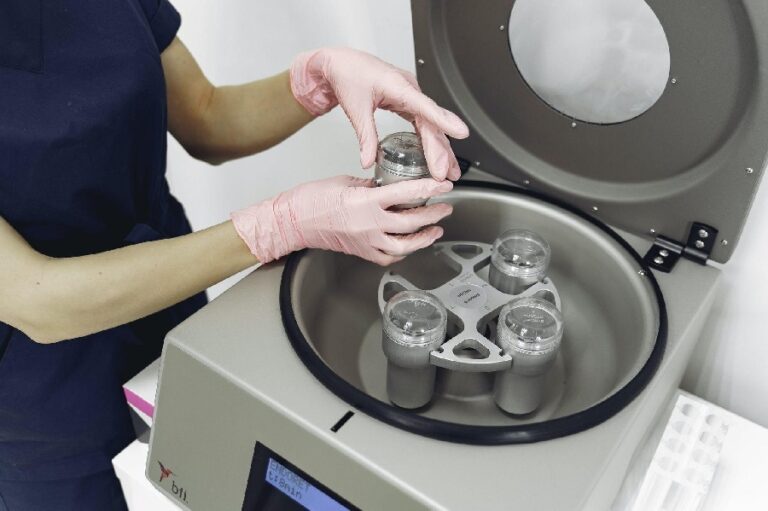
Colorectal Cancer Screening Guidelines
Colorectal cancer screening is a vital part of preventive healthcare, as it can detect a disease in its early stages, when treatment is most successful. While the majority of colorectal cancers develop from precancerous polyps, these polyps can be detected through screening tests before they turn into cancer.
Colorectal cancer is the most common cancer in Singapore, and is the second leading cause of cancer-related death. In the States, it is estimated that 1 in 23 Americans will be diagnosed with colorectal cancer during their lifetime. It is important to remember that colorectal cancer can be prevented through early diagnosis and colon cancer treatment.
Screening tests for colorectal cancer include a variety of methods, such as colonoscopy, sigmoidoscopy, and fecal occult blood tests. Colonoscopy is the most common screening test, as it is the most accurate method for detecting both precancerous polyps and colorectal cancer.
During a colonoscopy, a flexible tube with a camera is inserted into the rectum and used to examine the lining of the colon. If polyps or other abnormalities are found, they can be removed during the exam. Sigmoidoscopy is a similar procedure, but the tube is inserted only as far as the sigmoid colon.
This can be used to detect polyps and other abnormalities in the lower part of the colon. Fecal occult blood tests are a less invasive screening test, and involve collecting stool samples on special cards and testing them for occult (hidden) blood. If blood is found in the sample, it may be a sign of polyps or colorectal cancer.
It is recommended that those of average risk for colorectal cancer begin regular screening at age 50. Those with a family history of colorectal cancer or other risk factors may need to begin screening earlier. Talk to your doctor to determine the best screening schedule for you.
Colorectal cancer screening is an important part of preventive healthcare and can help detect cancer in its early stages, when colon cancer treatment is most successful. Talk to your doctor to determine the best screening schedule for you.
Colorectal Cancer Screening Guidelines
Colorectal cancer screening is the process of looking for precancerous growths (polyps) in the colon and rectum. Screening exams can help find polyps before they become cancerous. Regular screening also helps to find colorectal cancer early, when it is most treatable.
Colorectal cancer is the third leading cause of cancer-related deaths in the United States, and the American Cancer Society recommends that people of average risk get screened beginning at age 45 and continue through age 75.
The guidelines for colorectal cancer screening vary depending on a person’s age and risk factors. The American Cancer Society recommendations for colorectal cancer screening guidelines are as follows:
For people ages 45–75, the American Cancer Society recommends regular colorectal cancer screening through the age of 75. Options for screening include colonoscopy, stool-based tests, and radiologic exams.
For people ages 76 through 85, the decision to be screened should be based on a person’s preferences, life expectancy, overall health, and prior screening history. Options for screening may include colonoscopy, stool-based tests, and radiologic exams.
For people over the age of 85, the American Cancer Society does not recommend colorectal cancer screening. Those at higher risk of developing colorectal cancer may require more frequent or earlier screening. People who may be at higher risk include:
- Those with a personal or family history of colorectal cancer or certain types of polyps Those with a personal history of inflammatory bowel disease
- Those with a confirmed or suspected hereditary colorectal cancer syndrome
- Those with a personal history of getting radiation to the abdomen or pelvic area to treat a prior cancer
It is important to talk to your doctor about your individual colorectal cancer screening needs and preferences. Through regular colorectal cancer screening, you can help protect yourself from the development and spread of colorectal cancer.
















